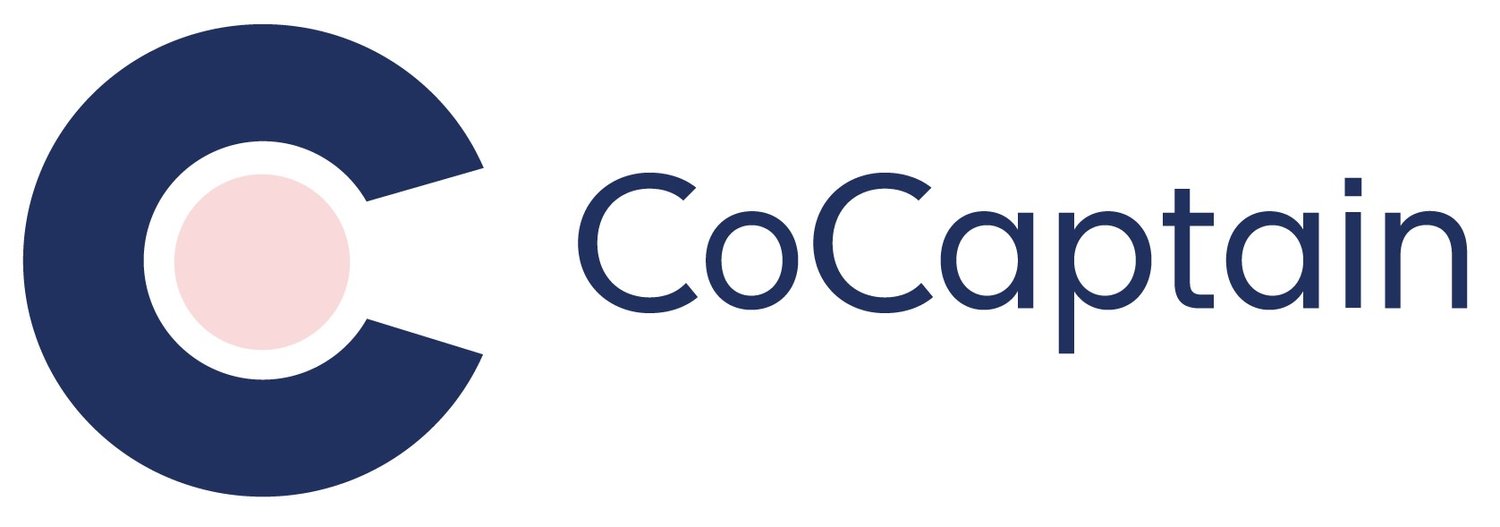Women's Executive Coach: Narrowing the Leadership Gap
We’ve talked about business coaching for women and its power to narrow the gender gap among entrepreneurs in the business world.
Now let’s take a closer look at the need for women’s executive coaching to narrow the staggering leadership gap among all sectors.
The Overwhelming Lack of Women’s Leadership
Although women make up 50.8% of the U.S population and 52.5% of the college-educated workforce—they only hold 24% of senior leadership positions and only 4% of CEO positions.
The numbers are even bleaker for women of color. Women of color account for 18% of the U.S workforce, and yet more than two-thirds of companies have no women of color as board directors.
This lack of female representation in leadership positions runs across the private business sector, the arts, academia, and the political world.
Companies Win When Women Lead
Money runs the world, and studies are now finding that companies with more females in leadership positions have significantly higher profits than those with more men in leadership positions.
A global study carried out by The Peterson Institute for International Economics found that when companies assign females to their C-Suite level, it “significantly increases net margins.”
And a study carried out by S&P Global found that women-led companies outperform companies led by men on the stock market.
At the University of Arizona College of Management, Dean Joe Carella told CNBC that through a study on Fortune 500 Companies: “We found that companies that have women in top management roles experience what we call ‘innovation intensity’ and produce more patents — by an average of 20 percent more than teams with male leaders.”
Beyond innovation, companies with more women in leadership positions significantly increase productivity and financial performance, as confirmed by a study carried out by MSCI.
Although we still have a long way to narrow the leadership gap across all sectors, at least the small strides companies are making to include female leaders are justifying and outlining the value that females bring to leadership positions.
How to Narrow the Leadership Gap with Executive Coaching
We’ve identified 3 significant root causes that prevent women from reaching leadership positions within their organization and careers, and have outlined how executive coaching can help women overcome these obstacles and reach the top.
1.Lack of Social Capital and Sponsorships
The saying: “it’s not about what you know; it’s about who you know” is a prevalent phrase in the business and corporate world; actually, it’s relevant in any place where there is a hierarchy of positions—from schools to the church to small businesses.
Enlightening research carried out by the Harvard Business Review found that a lack of sponsorship and social connections is a key factor that prevents females from reaching leadership roles.
As outlined in the research, “a sponsor is a person who has power and will use it for you.”
The overwhelming number of men in leadership and sponsorship roles makes it more difficult to open more opportunities for women because, by human nature, people are more drawn to those they can relate to. This results in men’s disproportionate access to “steppingstone assignments” and to sponsors who will advocate for them to eventually reach higher leadership positions.
Because acquiring a leadership position is heavily influenced by who you know, who is advocating for you and training you, a woman’s leadership coach will help you create social networks within your career and seek access to critical sponsorship and project opportunities at work.
An executive coach will help you move up the career ladder—from working on an approach to create meaningful connections at work that will work as steppingstones, to knowing how to determine the projects and assignments that will propel you upwards, to demanding an opportunity for yourself to take on those projects and be sponsored by key leaders.
2.Lack of Awareness and Knowledge
In a far-reaching study, Working Mother Media and the National Association for Female Executives found that another key element that prevents women from reaching leadership positions at work is the “Awareness/Knowledge Gap” between men and women.
The study found that women are significantly undereducated on the steps required to move up; they lack a clear vision of their career roadmap and are unaware of training, development, and mentoring programs available to them.
According to the study, “48% of men say they have received detailed information on career paths to P&L jobs in the past 24 months vs. just 15% of women.”
It’s important to visualize yourself at the top to reach it, but if you don’t know how exactly the top can be reached, and you don’t see other women in those roles—visualizing yourself there becomes nearly impossible.
If you lack the knowledge and awareness on reaching your desired position at work, an executive coach is the exact person you need to help you create a clear roadmap to success.
By evaluating your strengths, weaknesses, goals, obstacles, an executive coach will not only help you create an effective strategy to reach leadership positions, but they will also give you the tools needed to succeed as a leader when you get there.
3.Prevailing Cultural Gender Roles
There are certain gender roles and lifestyle choices that widen the leadership gender gap.
According to the Working Mother study, the breadwinner/caregiver roles make it difficult for women to get further up the leadership ladder than men.
The study found that when a female is the primary breadwinner, she still takes on the role of primary caregiver; on the other hand, when men are the primary breadwinners, they are seldom the primary caregiver.
When a woman needs to take on another full-time job (caregiving) at home, it makes it difficult to find an optimal work/life balance to allow for upwards mobility at her job, while men usually have the ability to put all of their focus on moving up.
Other gender roles include the masculinization of leadership qualities, which immediately deem more stereotypically feminine traits as ineffective.
Executive coaching can help you create a plan to assess your priorities and create a healthy and productive work/life balance. Being the primary caregivers doesn’t have to be a barrier to women leader’s—the key is to find a process that enables you to work smarter.
Whether you need help speaking with command, making better decisions on the spot or encouraging others positively, executive coaching can help you defy preconceived notions of leadership while harnessing your innate leadership capabilities—no matter your gender.
CoCaptain's Woman Coaches to Follow
CoCaptain was founded on the belief that everyone should have access to the professional coaching that will help them succeed in their careers—no matter their gender or budget.
We’re aware that women in the workforce and leadership positions need valuable executive coaching to narrow the leadership gap.
Meet our favorite women executive coaches that are helping and empowering female professionals to reach the top of their careers and find the success they are looking for.
Angela Airall
Angela is a renowned Executive & Business Coach. As a current CEO and former Chief Talent Officer, Angela is the architect of the Duke Leadership Academy’s Executive Coaching Practice as well as Leader View’s Global High Potential Talent Management strategy at Johnson & Johnson.
She is a prodigious academician, an impassioned social justice advocate, and a Coach to hundreds of leaders.
Marta Colon
As a workplace culture shaper and human capital strategist, Marta is an expert in inspiring, driving, and equipping leaders to think inclusively, lead with purpose, enable positive attitudes, embrace difference, drive productivity and shape the future of work.
With two decades' experience leading organizational transformations, she takes individuals, leaders, teams, and organizations from inclusive workplace culture theory to practice through applied experimentation, strategic planning, and capacity building.
Neelu Kaur
At the intersection of leadership and wellness, Neelu blends Leadership, NLP (NeuroLinguistic Programming), and Wellness Coaching to help individuals be more productive, peaceful, and purposeful resulting in success.
Kandice Klumb
Kandice has 10 years of people development experience, specializing in leadership development and career/life transitions.
She spent 5 years leading organizational leadership development and change management efforts ensuring the integration of culture, values, communication, behavior change, and measurement.
Jess Wass
With 10+ years of experience in business and a Master's in Social Organizational Psychology, Jess Wass is skilled at coaching clients through work challenges using experience and best practices from psychology. Her approach is pragmatic yet empathetic.
To schedule a discovery call with one of our stellar executive coaches, visit us here.
Bottom Line
Although many people could benefit from executive coaching, females in the workplace are a group of people who don’t get the support they need to succeed.
There is still a lot of progress that individuals and organizations need to make the narrow the leadership gap. Still, when women receive the guidance they need from an executive coach, they get a lot closer to playing on a level field.
As a female aspiring to become a leader or already in a leadership position at work, what are some of the barriers you have had to overcome?



